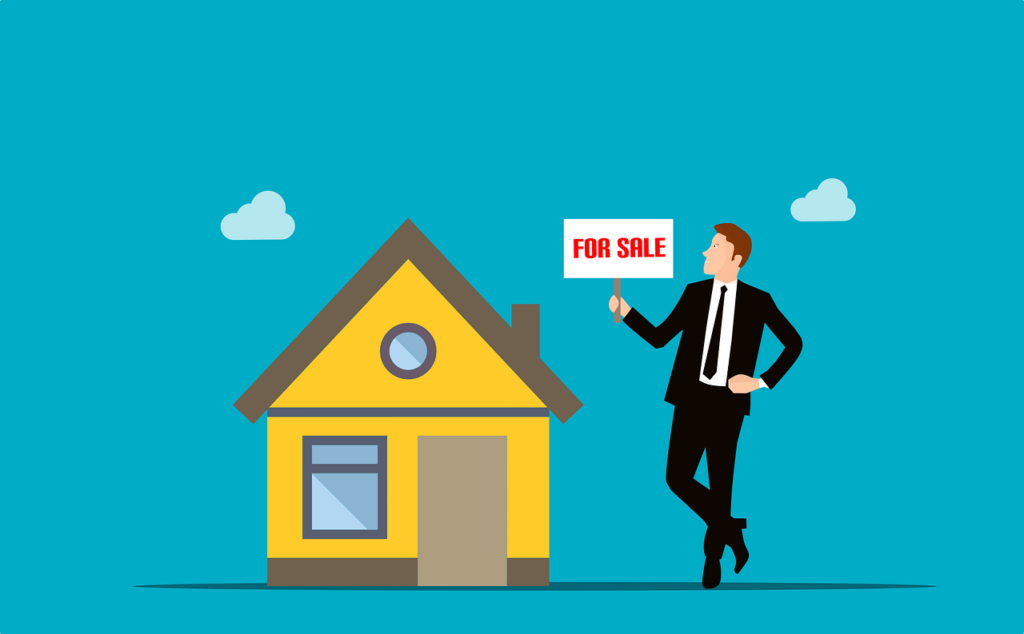
Purchasing a new home can be a complex process and it is essential for homebuyers to be able to understand the terms that are used to speed up the process of their mortgage approval. When homebuyers are purchasing a home for the first time, there are a lot of questions that revolve around mortgage rates and the steps that are involved to successfully own a home. The two most common concepts to understand are mortgage pre-approval and mortgage pre-qualification. Thus, it is important to understand the concept of mortgage pre-approval and how it can protect you from rising rates in the current marketing situation.
What is a Mortgage Pre-Approval?
Mortgage pre-approval is an intensive and thorough process which is used by mortgage firms to effectively comprehend the current financial situation of the borrower. This is the first step that is adopted by a homebuyer because it will allow them to be knowledgeable of the mortgage amount, they are eligible for.
During the process of mortgage pre-approval, the borrower will learn the following information:
- The maximum amount of mortgage for which they can qualify
- What the estimated monthly payments will be
- The interest rate on the mortgage they would receive
Once the process of mortgage pre-approval is completed, the provided interest rate is locked in for 90-120 days. The benefit of locking the interest rate is that even if the interest rates increase during the designated period, the borrower will still get the promised rate. On the other hand, if the rates decrease, the borrower can discuss whether they will get a better mortgage rate when they are ready to close the deal.
Another aspect that must be considered by the borrower during the mortgage pre-approval stage is their credit score. Higher credit scores result in interest rates. Lower credit scores means that the borrower will have to pay a higher interest rate on their mortgage or in some cases, may even be rejected by a lender. Furthermore, if a borrower has requested their credit report more than three times in the past six months, this would also cause their credit score to decrease. Hence, it is advisable for the borrower to select their top three financial institutions for obtaining a mortgage approval.
After the pre-approval process is completed, the borrower will receive a conditional commitment in writing for the specified loan amount. This will enable the borrower to hunt for a house at similar price for the loaned amount or be lower as well. The benefit achieved is that the seller will know that the purchaser has been approved for the actual mortgage and this can be helpful in competitive markets.

How Can it Protect You from Rising Rates?
When a borrower successfully passes the mortgage pre-approval stage, the rates that were discussed are provided to borrowers in written format. This conditional commitment regarding the rates can last for up to 120 days, but 90 and 60-day rates holds are common as well. However, it is important to note that a rate hold is valid for only fixed-rate mortgages because variable rates fluctuate by nature.
When borrowers apply for a fixed mortgage rate, the rate that has been decided during the mortgage pre-approval stage, will remain the same regardless of rising interest rates. Consequently, in some cases, it would also be beneficial for the borrower to capitalize on variable mortgage rates because if, in the near future, should the rates decrease, they can benefit from a lower rate.
An important to aspect that should be noted by borrowers is that they must ensure to meet the mortgage application criteria because although a rate hold could guarantee the interest rate for the specified period; if the criteria are not met, the lender could refuse the mortgage application. Hence, it is recommended for borrowers to ensure that they qualify in their mortgage pre-approval stage and certify that they are protected from rising interest rates in the future.


